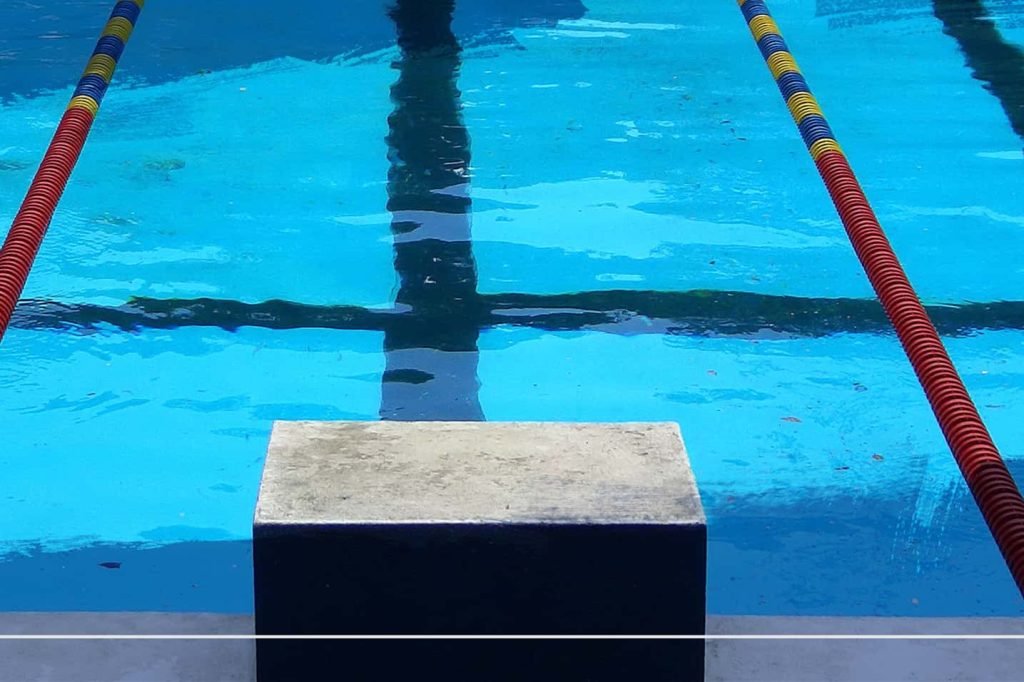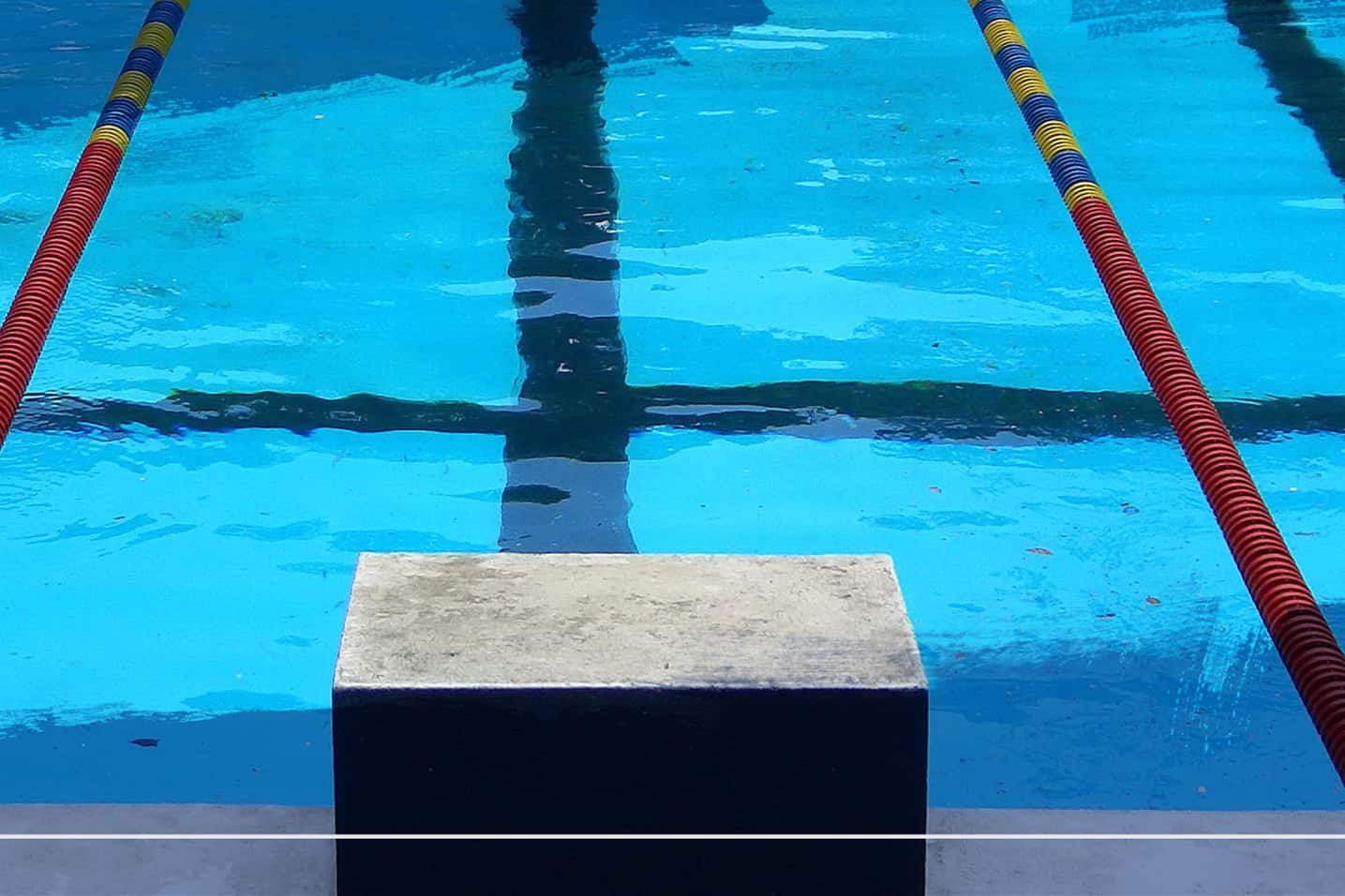Swimming pools are an oasis of relaxation, exercise, and fun, but maintaining a clean and clear pool can sometimes be a challenge. One common solution to combat cloudy or murky pool water is the use of pool flocculants. These products help to bind together tiny particles in the water, making it easier for the pool’s filtration system to remove them. However, while flocculants are effective in clarifying water, they can sometimes lead to an unpleasant odor, which can detract from the overall swimming experience. In this blog, we’ll discuss how pool flocculants work, why they can cause odors, and how you can solve the odor problem to maintain a fresh and enjoyable pool environment.

Understanding Pool Flocculants
A pool flocculant is a chemical product that works by clumping together small particles, such as dirt, debris, and organic matter, into larger clusters called flocs. These flocs become large enough for the pool’s filtration system to trap them or for them to settle at the bottom of the pool, where you can vacuum them up. Pool owners often use flocculants when traditional filtration methods fail to clear cloudy pool water, especially when the pool’s filter cannot catch very small particles.
While they are highly effective, flocculants are not without their drawbacks. One of the most common complaints among pool owners is the odor that can be produced when using these products. Let’s dive deeper into why this happens and how you can address it.
Why Do Pool Flocculants Cause Odor?
The primary cause of odor after using pool flocculants is the presence of residual chemicals in the water. Many flocculants contain aluminum sulfate or polyaluminum chloride, which can release strong-smelling compounds as they interact with organic matter or chlorine. These odors can become especially noticeable in poorly ventilated pool areas, particularly when the pool is used frequently.
Another factor contributing to the odor is the accumulation of organic waste that the flocculant binds together. If the flocculant hasn’t fully cleared the particles or if there is an excessive amount of debris in the pool, the trapped organic matter can begin to decompose, leading to a foul smell. This issue is more likely to occur if the pool is not properly maintained or if flocculants are overused.
How to Solve the Odor Problem
If you’ve noticed unpleasant odors after using pool flocculants, don’t worry—there are several steps you can take to eliminate the smell and keep your pool smelling fresh.
1. Proper Pool Maintenance
The first step in preventing odors is to ensure that your pool is being properly maintained. Regularly check and clean your pool’s filter system to ensure that it is operating at peak efficiency. Clogged or dirty filters struggle to remove the flocs and any organic matter that has clumped together, leading to decomposition and bad smells.
Additionally, ensure that your pool’s pH and chlorine levels are balanced. An imbalanced pH can cause flocculants to work less effectively and may lead to a buildup of organic materials. Chlorine is essential for killing bacteria and preventing algae growth, which can contribute to unpleasant odors.
2. Use the Right Amount of Flocculant
One common mistake pool owners make is using too much flocculant. While it may seem that more is better, overuse can lead to excess flocculant in the pool water, which may not be removed effectively by the filtration system. Always follow the manufacturer’s instructions regarding the correct dosage for your pool’s size and water conditions. If you find that you’ve used too much flocculant, consider performing a partial water change to dilute the concentration and avoid any lingering odors.
3. Consider Switching to a Different Type of Flocculant
If you’re finding that traditional flocculants consistently cause odors, it might be worth experimenting with different types of flocculants. There are flocculants for sale that use alternative chemicals or formulations, such as non-metallic options or those that work in different ways, that may produce fewer odors. Some newer flocculants contain natural ingredients and work in a way that avoids leaving behind strong-smelling residues.
Look for the best pool flocculant that suits your pool’s specific needs. For example, some pool owners prefer liquid flocculants over powdered ones because they tend to dissolve more easily, reducing the chance of excess buildup and odor. It’s also helpful to read reviews and consult other pool owners for recommendations on products that offer superior results without causing an odor problem.
4. Shock the Pool After Using Flocculant
Sometimes, the key to eliminating the smell is to “shock” the pool with a higher dose of chlorine. Pool shock is a process where you add a large amount of chlorine to the pool to kill bacteria, remove algae, and break down organic materials. After using a flocculant, shocking your pool can help remove any residual organic matter that could be contributing to the odor. It also ensures that the chlorine is working to maintain the cleanliness of your pool water, further reducing any potential for odor to return.
5. Improve Pool Ventilation
Another way to help manage odors, especially in indoor or partially enclosed pools, is to improve ventilation. Proper airflow can prevent the accumulation of odor-causing gases and help keep your pool area smelling fresh. If your pool is indoors, consider installing exhaust fans or opening windows to increase air circulation. For outdoor pools, ensure that there are no obstructions preventing air from moving freely around the pool area.
Conclusion
While pool flocculants are a highly effective solution for cloudy pool water, they can sometimes cause odors that detract from the swimming experience. By maintaining proper pool care, using the correct amount of flocculant, and considering alternative products, you can minimize or completely eliminate these odors. Additionally, using techniques like shocking the pool and improving ventilation will further ensure that your pool remains fresh and inviting.If you’re currently searching for a solution to your pool’s odor problem, consider trying a different flocculant for sale that suits your specific needs. With the right approach, you can enjoy a cleaner, clearer, and odor-free swimming pool all year long.

